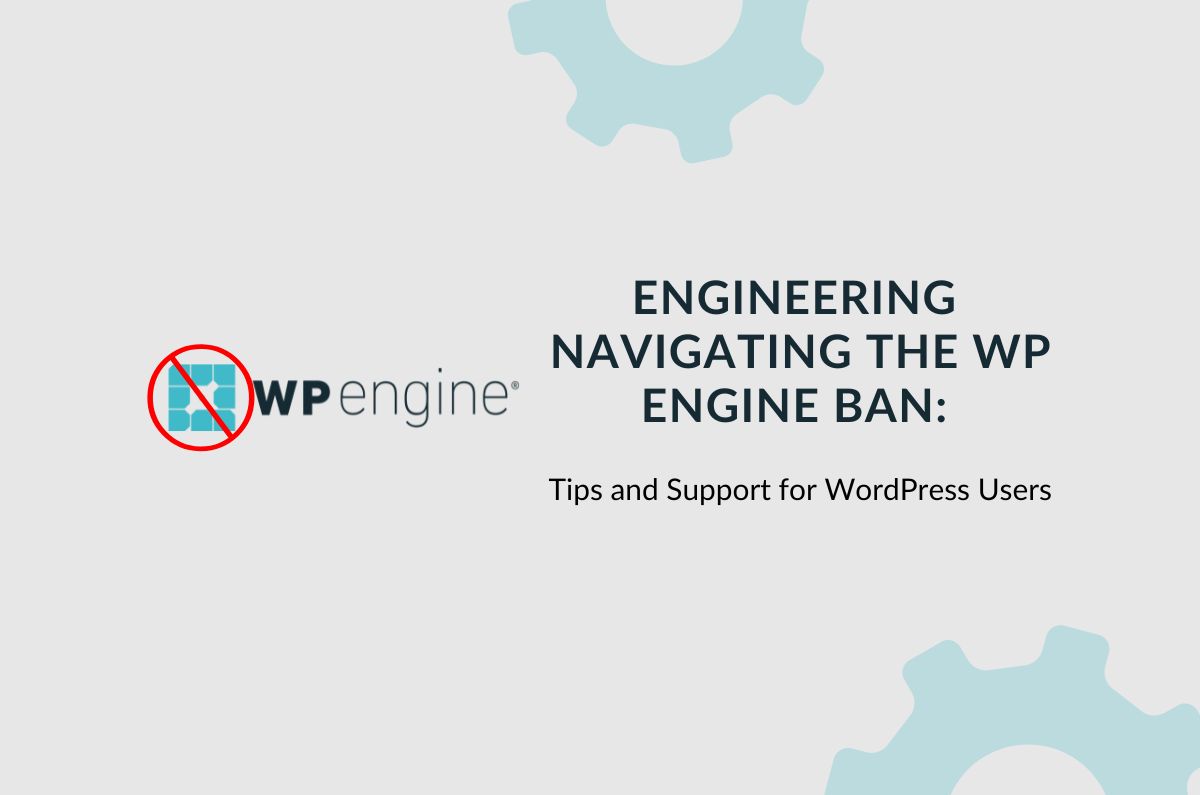We are constantly moving towards a digital age and the conventional brick-and-mortar business models are less likely to survive in this fast-paced era. Even the real estate industry is constantly evolving and realtors cannot rely on the conventional modes to reach their potential customers.
In this digital age, it’s crucial for real estate businesses to prioritize their digital presence and attract customers online. One of the easiest ways to do this is to set up a website that puts your business on the digital realm. A website will act as our website’s digital identity and help you attract potential leads from Google SERP. Not to mention, it’ll put your brand ahead of the curve as well.
Unfortunately, developing a real-estate website is not as easy as it sounds. It’s crucial to follow the best development practices so that your real estate website can help customers browse through different properties and make the right decision accordingly.
This guide will walk you through a few of the development practices that’ll help you build a user-centric real estate website to put your brand in the digital landscape.
So, without any further ado, let’s get started.
1. Start By Hiring a Team of Professional Developers
As a realtor, you may not have the required technical expertise to manage the entire development cycle of developing a real estate website.
That’s why it’s better to outsource the task to a team of third-party website developers who have proficiency in the latest development technologies and know the market inside out. Having a team of professional developers by your side will give you access to the latest development practices and you’ll be able to launch a user-friendly website more effectively.
It’s worth pointing out that the developers you hire will have a huge impact on your brand’s success. So, it’s extremely crucial to conduct in-depth market research to find the most reliable team of web developers.
2. Decide on the Features You Want to Integrate
The features you want to integrate into your website will mainly depend on your target audience and your preferred business model.
For instance, if you’re planning to launch a real estate aggregator platform where users can compare multiple properties and connect with different realtors, it’ll be crucial to integrate features like custom listing, filtered search, and online payment gateway.
The best way to decide the most suitable features for your website is to consult with your development team. These developers already know the market inside out and have a deep understanding which features will best cater to your preferred business model.
In general, however, here are a few of the key features of a real estate website that’ll make it user-centric.
-
Multiple Listings
The primary objective of a real estate website is to showcase the available properties on a digital platform. So, multiple property listings is a prerequisite feature you’ll have to integrate into your app, irrespective of the chosen business model. Your website must display all the properties in an easy-to-navigate format so that users can compare different properties and choose the right one accordingly.
-
Live Search
Live Search is another useful feature that’ll enhance the overall user-friendliness of your website. Your website visitors must be able to perform a site-wide search to find relevant property listings. You can also enhance the user experience by letting users apply advanced filters to filter the search results more effectively.
-
Virtual Tours
As we mentioned earlier, we are living in a fast-paced world and people usually have limited time in their daily life. Visiting each property individually may not be everyone’s cup of tea.
This is when virtual house tours will prove to be beneficial. Through video tours, you can allow customers to virtually visit the property before visiting it physically. This way they’ll be able to narrow down their preferred property list to the most suitable properties.
-
Chat Support
While visiting real estate properties, people have millions of questions that they need to be answered to make the right decision. As a real estate agency, it’s your responsibility to address these queries and ensure you don’t lose any potential sales.
In addition to adding a dedicated FAQ section on your website, you should also integrate a dedicated chat system so that customers can connect with executives and get their queries answered immediately.
3. Devise a Development Budget
The truth is the cost to develop a real estate website can range anywhere from $15,000 to $50,000. Multiple factors decide the overall development cost of a real estate website, starting from the features you want to integrate to your preferred business model.
So, before you go out and start building your website, make sure to devise a rough estimation on how much you want to spend. Having a clear budget preference will also make it easier to narrow down the list of preferred development partners. Not to mention, you’ll be able to tackle the unexpected roadblocks later on during the development phase.
4. Create Detailed Agent Profiles
Real estate investment is a significant financial commitment and people want to know who they’re dealing with. Instead of adding conventional vCards of your property agents, make sure to create comprehensive agent profiles.
This will help you build trust with both sellers and buyers. In short, it’ll become easier to acquire new customers and convert leads into potential customers. The agent profile must include all the relevant information including their contact details, property expertise, and previous client testimonials.
5. Publish Blogs on Your Website
In addition to other common web pages, you must also add a dedicated ‘Blogs’ section on your website to ensure it has plenty of quality content to captivate the potential customers.
Publishing regular blogs will optimize your website from an SEO perspective and make it easier to rank higher in Google search results. Publishing blogs will also make it easier to address common user queries and showcase yourself as an industry expert.
You can conduct competitor analysis to evaluate the most relevant topics that people want to read. In addition to this, you can also create comprehensive guides to help buyers/sellers find the most suitable deals.
Conclusion
Real estate businesses can leverage a digital presence to skyrocket their revenue and acquire new customers more effectively. With a website, realtors and real estate agents can list their properties and help sellers connect with potential buyers. You can share your website requirements with our web development company and we’ll build a personalized real estate website to help your business gain a strong position in the digital realm.











